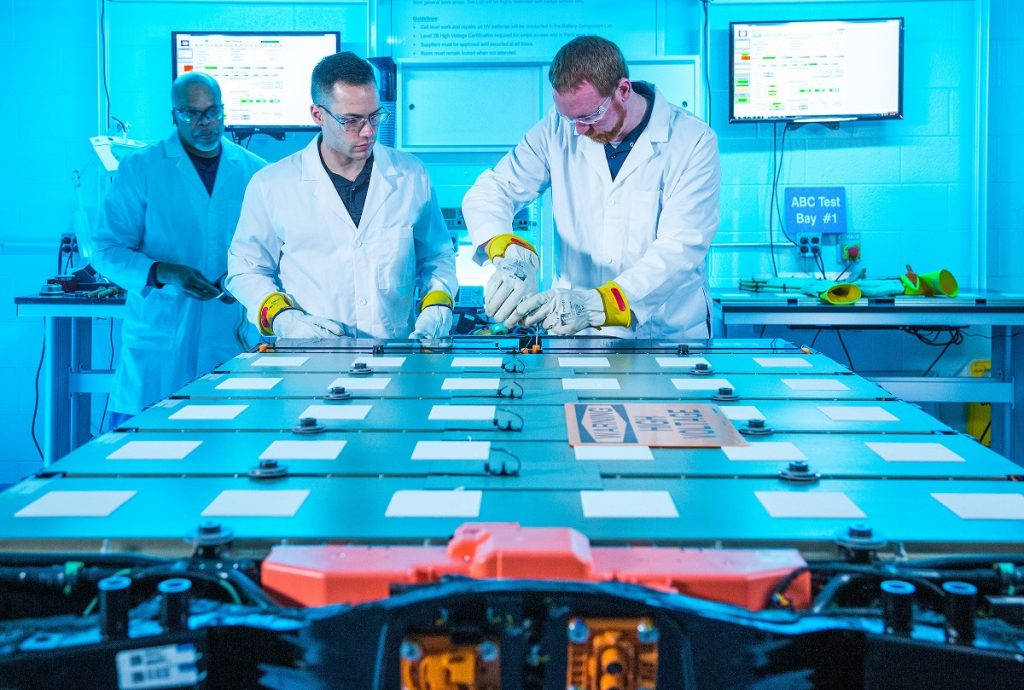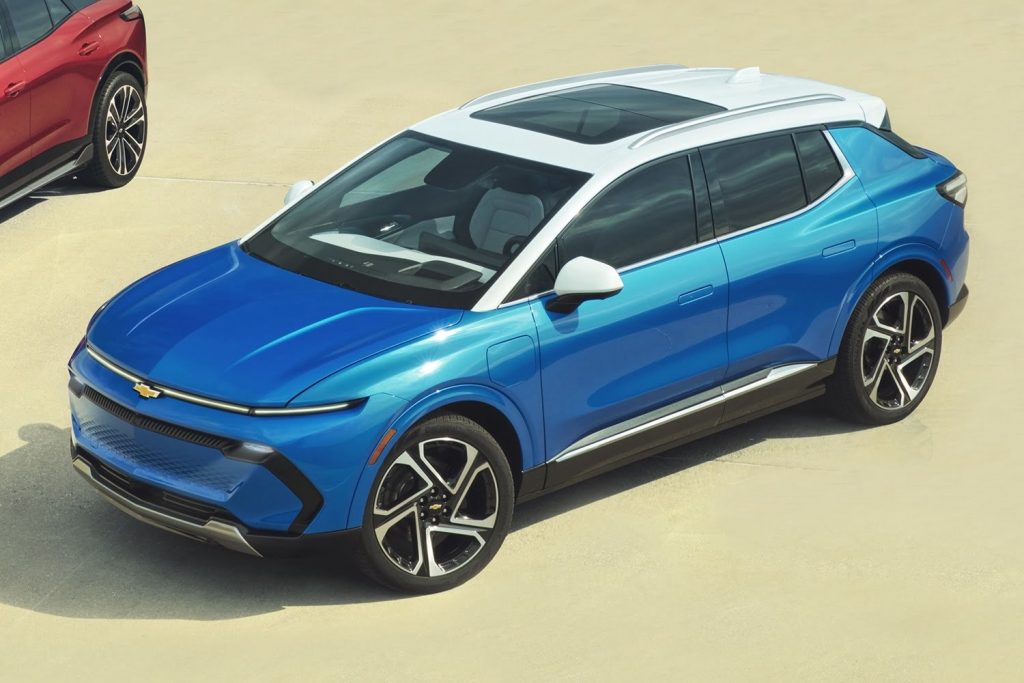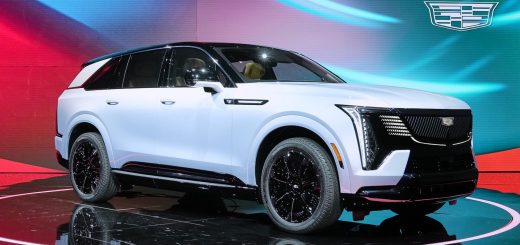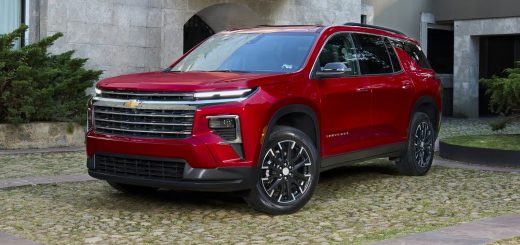Lithium-ion batteries for electric vehicles have gotten significantly cheaper since 2022 as production capacity rises and technology improves, making EV production more cost-effective for automakers such as GM as battery price falls, a recently published study shows.
Battery price has fallen by 14 percent over the past 12 months according to data revealed in the BloombergNEF Zero-Emission Vehicles Factbook for December 2023.
Rising manufacturing capacity is one of the key drivers of improving lithium-ion battery price, with worldwide production rising 31 percent year-over-year as more factories are built to support the EV sector. Carmakers now have 2.2 terawatt-hours of capacity operational versus 1.7 terawatt-hours in 2022.
The Inflation Reduction Act has had a strong impact on EV production in the United States according to the study. As a direct result of the legislation, more than $103 billion has been invested in the electric vehicle sector since its passage. Of that amount, 72.4 percent has gone to battery manufacturing, helping to reduce battery price via boosting domestic production of EV batteries and battery materials.
Battery price should continue to fall as a large number of battery plants are expected to start operations in 2024 through 2025 as construction catches up with investment. Raw materials, battery material production, and battery recycling are expected to account for roughly another 16 percent of the American investment in the sector, again driven by Inflation Reduction Act incentives.
The situation is improving notably from 2021 and 2022 when lithium-ion battery price in the U.S. was increasing. The BloombergNEF report from last December pegged the price growth at 7 percent year-over-year. Surging material costs provided the main impulse behind the increased costs.
Battery price is a major cost input for EVs and one of the reasons GM CEO Mary Barra said back in June that $30,000 to $40,000 electric vehicles are not currently profitable to automakers. She specifically identified the battery as the main reason for this situation. Notably, while the 2024 Chevy Equinox EV was slated to fall in that range, GM is releasing the $48,995 2RS trim in FWD and the $52,395 2RS with AWD first, with the $34,995 base 1LT to arrive later.
There is light at the end of the tunnel, however, as GM expects to reduce battery price to $87 per kilowatt hour by 2025 compared to the $141 a kilowatt-hour’s worth of battery cost in 2022.
Subscribe to GM Authority for more GM EV news, GM business news, and around-the-clock GM news coverage.


















Comments
GM Authority should do an article on battery replacement costs on all GM vehicles. No one seems to be able to answer the question. Better yet, ask GM to supply replacement cost pricing for all EV’s. You’ll never get an answer.
There is no answer because no Ultium battery has been replaced. Only the batteries built by LG Chemical had problems in the Chevy Bolt.
And child labor still goes on in Africa. What happened to making 93 hybrids as compared to 1 EV?
A Reuters report says that after 100,000 miles the typical battery is at 90% life. Since I have never had a vehicle that long I’m not worried about replacing a battery.
Inflation reduction Act is no other than using your tax money that you have to pay only fools total morons for example the EV tax break comes out from somebody else’s pocket nothing comes for free and don’t forget the Chinese control 75 to 80% of the raw materials to make the batteries United States continues to play into China’s hands and my understanding is the Biden family has a 10% stake in one of the Chinese battery manufacturing companies think about that one and who knows who else in our government does not to worry the United States won’t be here for much longer anyway the late great USA
Yup, your tax dollars at work. I saw a report the other day where a Tesla owner was indicating that he has lost something around 12% of his battery capacity after roughly 4 years and 45k miles. Still watching for the solid state battery technology. it sounds great, but Toyota is still working out some bugs. If 750+ miles on a charge and a 10 minute recharge cycle come true, I might be in.